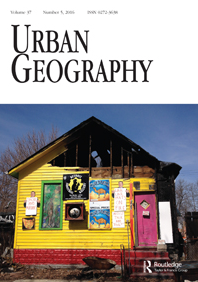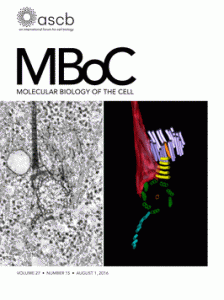
After two decades of submitting papers to journals, and more than 10 years of serving on an editorial board or editing journals, geography researcher Kevin Ward knows a thing or two about peer review.
Recently, as the editor of Urban Geography, he received a particularly “grumpy” and “obnoxious” review in his inbox, which got him thinking. Although, he says, the review raised “professionally appropriate issues,” it went well beyond the widely accepted content and tone. Ward, therefore, decided to reflect on his two decades of experience, and decipher the different types of reviewers and their characteristics.
In all, Ward — from the University of Manchester in the UK — says he’s encountered six types of referees.
Here’s the first, according to his recent editorial published in Urban Geography:
Continue reading From annoying to bitter, here are the six types of peer reviewers

 A tribunal in the UK has
A tribunal in the UK has 




 PLOS ONE has republished data that were
PLOS ONE has republished data that were